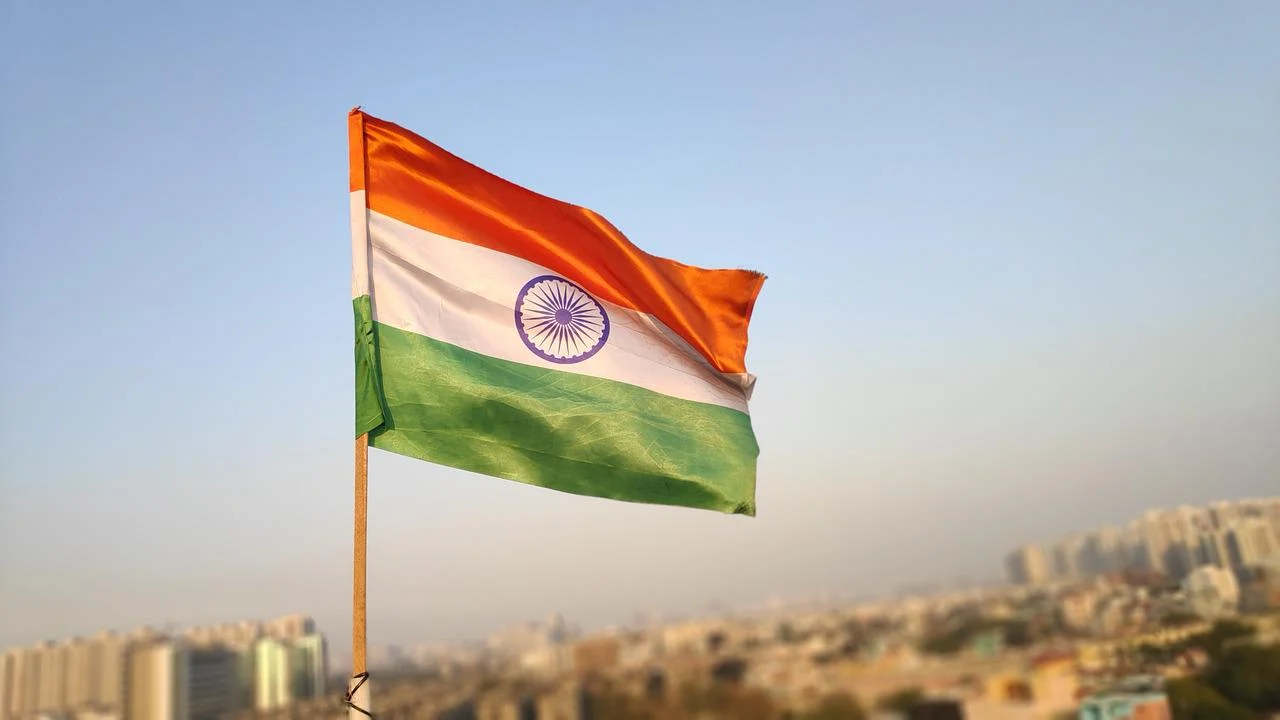The Indian authorities’ forced return of 77 Myanmar refugees violates the principle of non-refoulement, and any further plans to forcibly return more Myanmar refugees must be immediately halted, said the International Commission of Jurists (ICJ) today.
On 2 May 2024, Manipur’s Chief Minister, Biren Singh, announced on social media that they had “completed the first phase of deportation” of 77 Myanmar refugees, referring to them as “illegal immigrants”, and noted that the State Government is continuing to identify “illegal immigrants” and recording their “biometric data”.
“The forcible return of Myanmar refugees from Manipur violates the principle of non-refoulement under international law as it exposes them to a real risk of serious harm, such as indiscriminate violence against civilians amidst escalating conflict in Myanmar, and the widespread and systematic human rights violations being committed by the Myanmar military,” said Mandira Sharma, ICJ Senior International Legal Adviser.
Reports indicate that over 6,000 Myanmar refugees have sought safety in Manipur as a result of the deteriorating security situation in Myanmar. The Manipur Chief Minister has blamed “illegal immigrants” for stoking ongoing violence and unrest between the Meitei community, the Kuki and other tribal hill communities, and promised to “identify and repatriate them”, despite the lack of substantive evidence of their involvement in the ongoing violence in Manipur.
“The Indian authorities must immediately halt all further forcible returns of Myanmar refugees from Manipur and should instead offer protection and support to those seeking safety from serious harm, in line with the non-refoulement principle and India’s other obligations under international human rights law. The incitement of discrimination, hostility or violence against Myanmar refugees in relation to the ongoing violence must also be stopped and prohibited,” added Sharma.
The forced return of Myanmar refugees will expose them to a real risk of serious harm arising from the escalating conflict between the Myanmar military junta and resistance groups, with reports of indiscriminate attacks against civilians, extrajudicial killings, conflict-related sexual violence, conscription and forced recruitment. This escalation of fighting has included areas in Myanmar along the India-Myanmar border, such as Chin State and Sagaing Region.
Furthermore, the Myanmar military junta has continued perpetrating widespread and systematic human rights violations, many of which amount to crimes under international law, in a climate of near absolute impunity, with rampant arbitrary arrests, detention, torture, summary executions and enforced disappearances for political reasons.
The forced returns of Myanmar refugees breach the principle of non-refoulement, which prohibits the forcible removal of anyone to territories where they may face a real risk of irreparable harm, such as torture or other ill-treatment or other serious human rights violations. The non-refoulement principle is the cornerstone of international protection under international law, including under customary international law and is therefore binding on all States. In addition, the International Covenant on Civil and Political Rights (ICCPR) and the Convention on the Rights of the Child (CRC), by which India is bound as a State party, guarantee protection against refoulement.
The ICJ is also concerned about the authorities’ mass collection of biometric information of Myanmar refugees in Manipur, including iris scans and fingerprints. The circumstances in which such collection is taking place are coercive and contrary to the principle of prior informed consent, which should be a prerequisite to collection. The ICJ is also concerned that such sensitive data may be used to carry out arbitrary arrests and detention.
Background
India hosts 86,100 refugees and asylum seekers from Myanmar, including the Rohingya, but lacks a national refugee protection framework. The Myanmar refugees in Manipur are mostly from the Sagaing Region, Chin State and Magway Region. Many are arbitrarily arrested and detained in prisons and detention centres and accused of immigration-related offences under India’s Foreigners’ Act 1946 and the Passport (Entry into India) Rules 1950.
India is not a party to the 1951 Refugee Convention and its 1967 Protocol. India is party to the ICCPR and CRC, and has signed but not ratified the UN Convention against Torture and Other Cruel, Inhuman or Degrading Treatment or Punishment. As a signatory, India should refrain from any conduct contrary to the object and purpose of the Convention, which explicitly prohibits refoulement under article 3.
Article 20(2) of the ICCPR states that “any advocacy of national, racial or religious hatred that constitutes incitement to discrimination, hostility or violence shall be prohibited by law.” There have been claims by the authorities that the violence in Manipur “is being done by people who have come from outside, including militants and drug smugglers”. The ICJ has received credible reports of the circulation of messages and social media posts with similar claims, which appear to incite discrimination, hostility or violence against Myanmar refugees.
In February 2024, the Indian government announced its plan to suspend the free-movement border zone agreement between India and Myanmar, and to fence the India-Myanmar border. The agreement had allowed those living in border zones to enter into their neighbouring nation’s territory without a visa. According to India’s Interior Minister, the suspension was necessary “to ensure the internal security of the country and to maintain the demographic structure” of regions bordering Myanmar, such as Manipur.
India’s controversial Citizenship Amendment Act (CAA), which came into effect in March 2024, excludes refugees from Myanmar and/or those belonging to the Muslim religion, despite its purported aim of providing citizenship to persons persecuted on account of their religion in neighbouring countries. The CAA grants nationality to six religious minorities (Hindus, Sikhs, Buddhists, Jains, Parsis and Christians) who had come to India from Pakistan, Bangladesh and Afghanistan before 2015 and faced religious persecution.
Further reading





